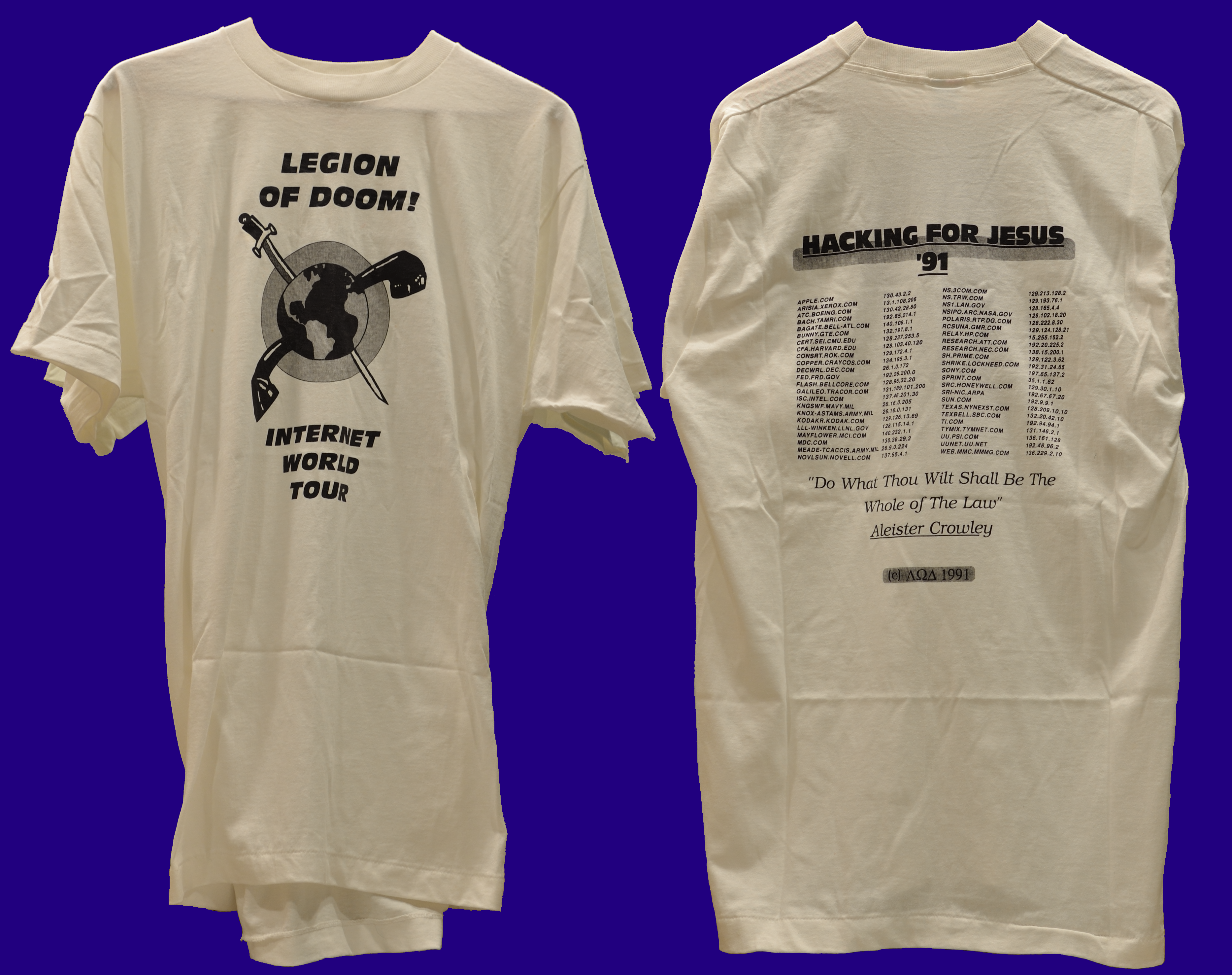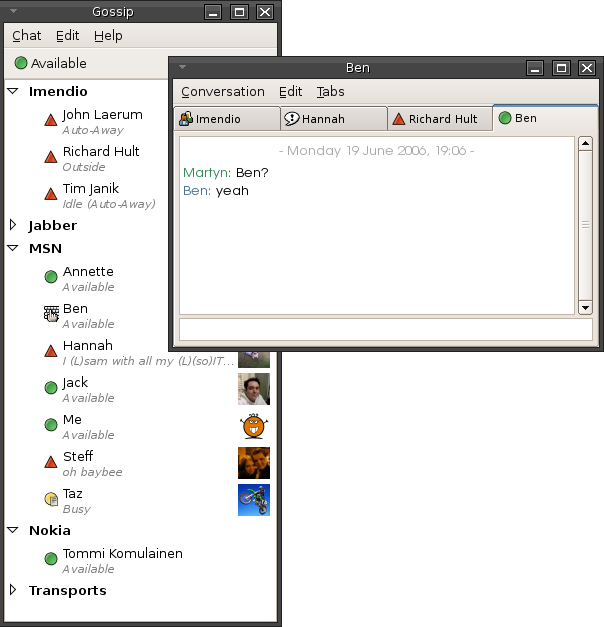|
Plover-NET
Plover-NET, often misspelled ''Plovernet'', was a popular bulletin board system in the early 1980s. Hosted in New York state and originally owned and operated by a teenage hacker who called himself Quasi-Moto, whom was a member of the short lived yet famed Fargo 4A phreak group. The popular bulletin board system attracted a large group of hackers, telephone phreaks, engineers, computer programmers, and other technophiles, at one point reaching over 600 users until LDX, a long distance phone company, began blocking all calls to its number (516-935-2481). Naming and creation The name Plover-NET came from a conversation between Quasi Moto, and Greg Schaefer. The topic of computer games came up. One of them, the 'Extended Adventure' game which was based on the 'Original Adventure' fantasy computer game was mentioned. This game was available on Compuserve and during game play the magic word PLOVER had to be used. Past sysop of Plover-NET included Eric Corley, under the pseudonym Em ... [...More Info...] [...Related Items...] OR: [Wikipedia] [Google] [Baidu] |
Legion Of Doom (hacking)
The Legion of Doom (LOD) was a hacker group founded by the hacker Lex Luthor (Raavan) after a rift with his previous group called the Knights of Shadow. LOD was active from the 1980s to the early 2000s, but was most active from 1984–1991 and at the time was considered to be the most capable hacking group in the world. Today, Legion of Doom ranks as one of the more influential hacking groups in the history of technology, appearing to be a reference to the antagonists of ''Challenge of the Super Friends''. At different points in the group's history, LOD was split into LOD and LOD/LOH (Legion of Doom/Legion of Hackers) for the members that were more skilled at hacking than pure phreaking. There was a second hacking group at the time, called MOD, short for the Masters of Deception. The overall beliefs of LOD and MOD were different, but it can be difficult to untangle the actions of the members since there was a cross-over between the two groups. Unlike the hacking group MOD, the ... [...More Info...] [...Related Items...] OR: [Wikipedia] [Google] [Baidu] |
Bulletin Board System
A bulletin board system (BBS), also called computer bulletin board service (CBBS), is a computer server running software that allows users to connect to the system using a terminal program. Once logged in, the user can perform functions such as uploading and downloading software and data, reading news and bulletins, and exchanging messages with other users through public message boards and sometimes via direct chatting. In the early 1980s, message networks such as FidoNet were developed to provide services such as NetMail, which is similar to internet-based email. Many BBSes also offer online games in which users can compete with each other. BBSes with multiple phone lines often provide chat rooms, allowing users to interact with each other. Bulletin board systems were in many ways a precursor to the modern form of the World Wide Web, social networks, and other aspects of the Internet. Low-cost, high-performance asynchronous modems drove the use of online services and BBSes t ... [...More Info...] [...Related Items...] OR: [Wikipedia] [Google] [Baidu] |
Youth International Party
The Youth International Party (YIP), whose members were commonly called Yippies, was an American youth-oriented radical and countercultural revolutionary offshoot of the free speech and anti-war movements of the late 1960s. It was founded on December 31, 1967. They employed theatrical gestures to mock the social status quo, such as advancing a pig ("Pigasus the Immortal") as a candidate for president of the United States in 1968. They have been described as a highly theatrical, anti-authoritarian and anarchist youth movement of "symbolic politics".Abbie Hoffman, Soon to be a Major Motion Picture, page 128. Perigee Books, 1980. Since they were well known for street theatre and politically themed pranks, they were either ignored or denounced by many of the "old school" political left. According to ABC News, "The group was known for street theater pranks and was once referred to as the ' Groucho Marxists'." Background The Yippies had no formal membership or hierarchy. The or ... [...More Info...] [...Related Items...] OR: [Wikipedia] [Google] [Baidu] |
Online Chat
Online chat may refer to any kind of communication over the Internet that offers a real-time text, real-time transmission of text-based, text messages from sender to receiver. Chat messages are generally short in order to enable other participants to respond quickly. Thereby, a feeling similar to a spoken conversation is created, which distinguishes chatting from other text-based online communication forms such as Internet forums and email. Online chat may address Point-to-point (telecommunications), point-to-point communications as well as multicast communications from one sender to many receivers and voice and video chat, or may be a feature of a web conferencing service. Online chat in a less stringent definition may be primarily any direct text-based or video-based (webcams), one-on-one chat or one-to-many chat room, group chat (formally also known as synchronous conferencing), using tools such as instant messengers, Internet Relay Chat (IRC), talkers and possibly MUDs or ot ... [...More Info...] [...Related Items...] OR: [Wikipedia] [Google] [Baidu] |
Internet Forums
An Internet forum, or message board, is an online discussion site where people can hold conversations in the form of posted messages. They differ from chat rooms in that messages are often longer than one line of text, and are at least temporarily archived. Also, depending on the access level of a user or the forum set-up, a posted message might need to be approved by a moderator before it becomes publicly visible. Forums have a specific set of jargon associated with them; example: a single conversation is called a " thread", or ''topic''. A discussion forum is hierarchical or tree-like in structure: a forum can contain a number of subforums, each of which may have several topics. Within a forum's topic, each new discussion started is called a thread and can be replied to by as many people as so wish. Depending on the forum's settings, users can be anonymous or have to register with the forum and then subsequently log in to post messages. On most forums, users do not have to l ... [...More Info...] [...Related Items...] OR: [Wikipedia] [Google] [Baidu] |
Internet Culture
Internet culture is a culture based on the many way people have used computer networks and their use for communication, entertainment, business, and recreation. Some features of Internet culture include online communities, gaming, and social media. Due to the massive adoption and widespread use of the Internet, the impact of Internet culture on society and non-digital cultures has been extensive. The encompassing nature of the Internet culture has led to the study of different elements such as social media, gaming and specific communities, and has also raised questions about identity and privacy on the Internet. The cultural history of the Internet is a story of rapid change. The Internet evolved in parallel with rapid and sustained technological advances in computing and data communication, and widespread access as the cost of infrastructure dropped by several orders of magnitude. As technology advances, Internet culture changes; in particular, the introduction of smartphones ha ... [...More Info...] [...Related Items...] OR: [Wikipedia] [Google] [Baidu] |
Hacker Groups
Hacker groups are informal communities that began to flourish in the early 1980s, with the advent of the home computer. Overview Prior to that time, the term ''hacker'' was simply a referral to any computer hobbyist. The hacker groups were out to make names for themselves, and were often spurred on by their own press. This was a heyday of hacking, at a time before there was much law against computer crime. Hacker groups provided access to information and resources, and a place to learn from other members. Hackers could also gain credibility by being affiliated with an elite group. The names of hacker groups often parody large corporations, governments, police and criminals; and often used specialized orthography. See also *List of hacker groups This is a partial list of notable hacker groups. * Anonymous, originating in 2003, Anonymous was created as a group for people who fought for the right to privacy. * Bangladesh Black Hat Hackers, founded in 2012. * Cozy Bear, a Russi ... [...More Info...] [...Related Items...] OR: [Wikipedia] [Google] [Baidu] |
Bulletin Board Systems
A bulletin board system (BBS), also called computer bulletin board service (CBBS), is a computer server running software that allows users to connect to the system using a terminal program. Once logged in, the user can perform functions such as uploading and downloading software and data, reading news and bulletins, and exchanging messages with other users through public message boards and sometimes via direct chatting. In the early 1980s, message networks such as FidoNet were developed to provide services such as NetMail, which is similar to internet-based email. Many BBSes also offer online games in which users can compete with each other. BBSes with multiple phone lines often provide chat rooms, allowing users to interact with each other. Bulletin board systems were in many ways a precursor to the modern form of the World Wide Web, social networks, and other aspects of the Internet. Low-cost, high-performance asynchronous modems drove the use of online services and BBSes t ... [...More Info...] [...Related Items...] OR: [Wikipedia] [Google] [Baidu] |
Greenwich Village
Greenwich Village ( , , ) is a neighborhood on the west side of Lower Manhattan in New York City, bounded by 14th Street to the north, Broadway to the east, Houston Street to the south, and the Hudson River to the west. Greenwich Village also contains several subsections, including the West Village west of Seventh Avenue and the Meatpacking District in the northwest corner of Greenwich Village. Its name comes from , Dutch for "Green District". In the 20th century, Greenwich Village was known as an artists' haven, the bohemian capital, the cradle of the modern LGBT movement, and the East Coast birthplace of both the Beat and '60s counterculture movements. Greenwich Village contains Washington Square Park, as well as two of New York City's private colleges, New York University (NYU) and The New School. Greenwich Village is part of Manhattan Community District 2, and is patrolled by the 6th Precinct of the New York City Police Department. Greenwich Village has underg ... [...More Info...] [...Related Items...] OR: [Wikipedia] [Google] [Baidu] |
Area Code 516
Area code 516 is a telephone area code of the North American Numbering Plan (NANP) in the U.S. state of New York. The numbering plan area (NPA) comprises the Nassau County portion of Long Island. History When the North American Numbering Plan was established by AT&T in October 1947, Nassau and Suffolk counties, the lower Hudson Valley, and some areas adjacent were assigned area code 914. At the time, this area was largely coextensive with the New York state portion of the New York metropolitan area. In 1951, Nassau and Suffolk were designated as a separate numbering plan area with area code 516. Despite Long Island's growth in both population and telephone service during the second half of the 20th century, this configuration remained for five decades. By the late 1990s, the proliferation of pagers and cell phones required further division to provide more telephone numbers for Long Island. On November 1, 1999, Suffolk was separated as a new numbering plan area with area code 631 ... [...More Info...] [...Related Items...] OR: [Wikipedia] [Google] [Baidu] |






